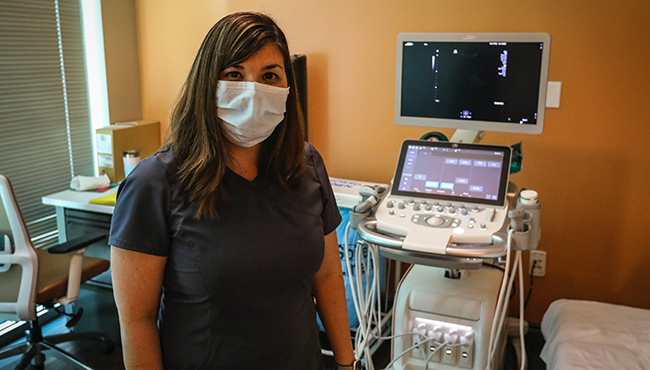The Canadian Institute of Health Information (CIHI) recently released a comparative study of long-term care across 16 OECD countries, (Organization for Economic Co-operation and Development), with clear findings that Canada’s long-term care system fared worse than most. This study is yet another indicator of the magnitude of the crisis in long term care.
Perhaps most concerning is that Canada’s death rate in long term care facilities was the highest amongst the 16 countries. Findings indicate that “LTC residents accounted for 81% of all reported COVID-19 deaths in Canada, compared with an average of 42% in other OECD countries (ranging from less than 10% in Slovenia and Hungary to 66% in Spain).” General Vice-President, Stan Pickthall commented on the findings, stating that, “This not just alarming, it is unacceptable; both the federal and provincial governments must take swift action to protect residents and workers in long-term care.”
A long-standing fact is that staffing levels are directly linked to the quality of care as well as, resident and patient safety. CIHI’s study supports what the IAMAW has been advocating for, better staffing levels across the healthcare system, which is especially urgent in long term care. Compared to other countries, Canada had fewer health care workers (nurses and personal support workers) per 100 senior residents of LTC homes in 2018, with a rate that was half as high as the rates in the Netherlands and Norway. The IAMAW has been calling for increased funding to train personal support workers (PSWs) and ensuring PSWs are compensated for the skilled work they do, and the risks they take.
The study also found that in Canada, more than 9,650 LTC staff members were infected by COVID-19, representing more than 10% of the country’s total cases. The high number of worker infection rates and resident deaths in long term care is a testament to the fact that employers were unprepared, but more importantly, that the long-term care sector was relying on minimal staffing, with many workers working in several facilities in order to make ends meet.
Despite numerous studies that highlight the abysmal conditions in long-term care, and with findings consistently pointing to the need to address staffing, precarious employment, and funding to the sector, the Ford government is moving towards more privatization.
At the root of the crisis in long term care is privatization, “How many more studies, reports, and crises must be witnessed before the provincial government takes action? How many more lives must be put at risk before this government takes steps to protect its most vulnerable?” asked Pickthall.
The IAMAW will continue advocating against privatization in long term care, and in the interest of residents and workers. We are calling on all our members and the public to take whichever steps they can to let this government know that continuing down the path of privatization is dangerously reckless to our communities.


